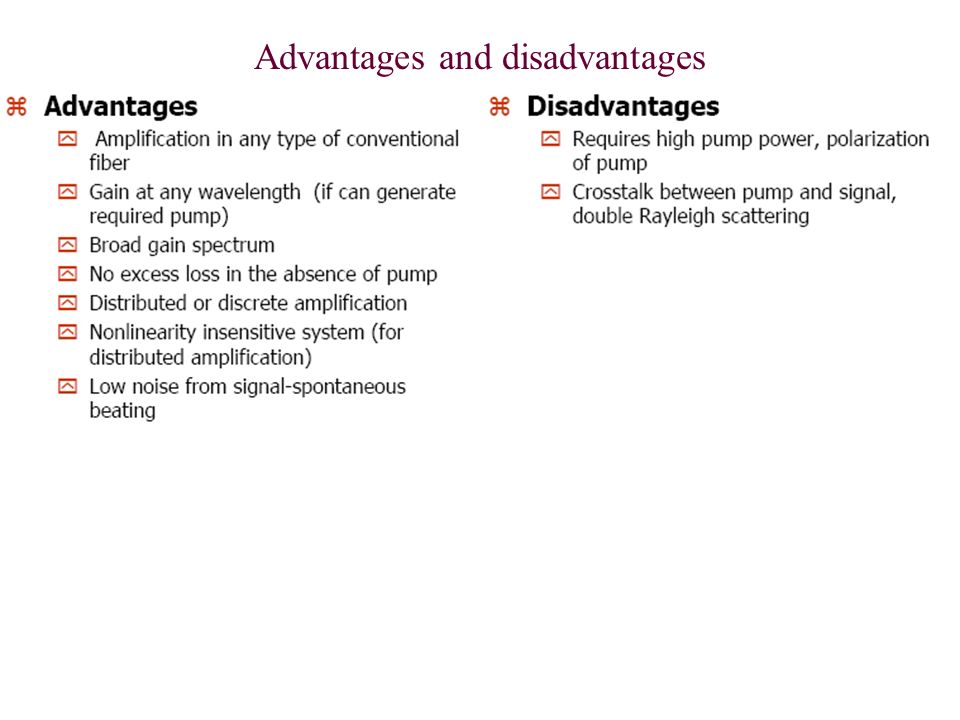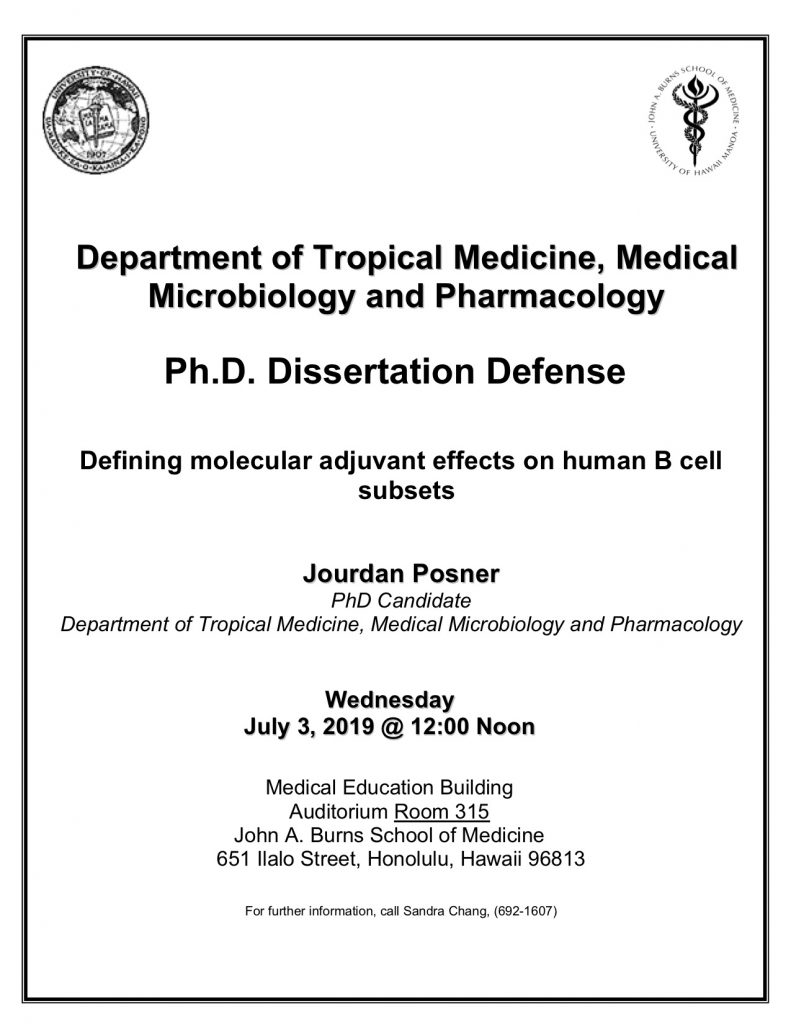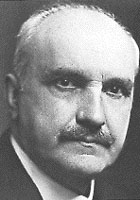The concept of mental disorder and the DSM-V.
The Concept of Mental Disorder On the Boundary Between Biological Facts and Social Values Jerome C. Wakefield Columbia University School of Social Work and Institute for Health, Health Care Policy, and Aging Research, Rutgers University Although the concept of mental disorder is fundamental to theory and practice in the mental health field, no agreed on and adequate analysis of this concept.CiteSeerX - Document Details (Isaac Councill, Lee Giles, Pradeep Teregowda): Although the concept of mental disorder is fundamental to theory and practice in the mental health field, no agreed on and adequate analysis of this concept currently exists. I argue that a disorder is a harmful dysfunction, wherein harmful is a value term based on social norms, and dys-function is a scientific term.ABSTRACT. In this reply to a former article it is argued for a critical psychopathology which accounts for the sociocultural factors that intervene in the development, consolidation and understanding of mental symptom, and against a criticism of psychopathology as a scientific project that assumes a strong nominalist view, adopts an evaluative reductionist concept of mental disorder, ignores.
The DSM-5 Definition of Mental Disorder: Critique and Alternatives. A 'read' is counted each time someone views a publication summary (such as the title, abstract, and list of authors), clicks.Summary. Psychological disorders are conditions characterized by abnormal thoughts, feelings, and behaviors. Although challenging, it is essential for psychologists and mental health professionals to agree on what kinds of inner experiences and behaviors constitute the presence of a psychological disorder.

CiteSeerX - Document Details (Isaac Councill, Lee Giles, Pradeep Teregowda): In view of the publication of the DSM-V researchers were asked to discuss the theoretical implications of the definition of mental disorders. The reasons for the use, in the DSM-III, of the term disorder instead of disease are considered. The analysis of these reasons clarifies the distinction between the general.











